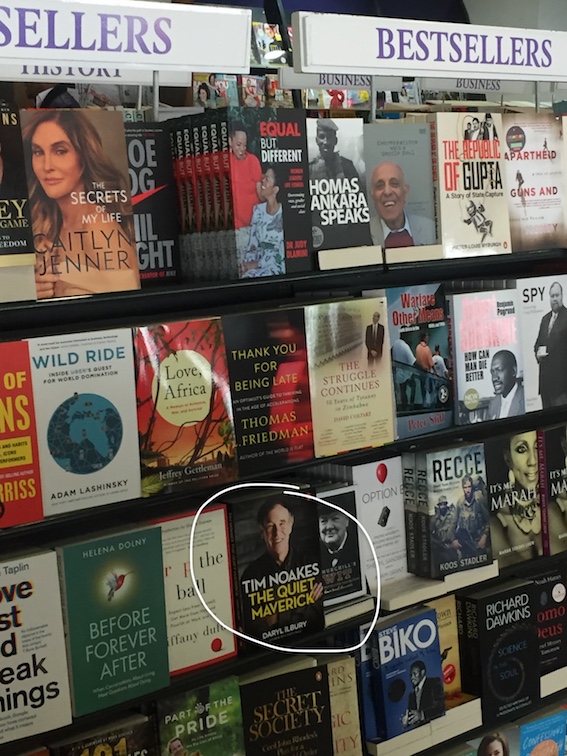 One of the problems with writing about science is that few people care; it’s something all science writers have to contend with.
One of the problems with writing about science is that few people care; it’s something all science writers have to contend with.
It’s still puzzling though, and more than a little frustrating. If I was writing about something that doesn’t really affect anyone, it would make sense; but science affects everyone.
In fact there is no part of anyone’s life that isn’t examined by science. But that doesn’t seem to make any difference; people would prefer to live in a land of make-believe where events are defined by spirits and fictional characters given life by centuries of wild storytelling. There’s another word for that fairytale place: ignorance.
Science, to paraphrase Carl Sagan, is a candle to the darkness of ignorance; but ignorance is also a state of bliss for those uncomfortable with the thought of delving into the unknown. The job of a science writer is therefore to hold their hand and show them the wonder in the unknown; and the best way to do that is to hook it onto the known.
This is why after the publishing of my first book with Penguin Randomhouse – A Fox’s Tale – and I was asked by my publisher what was next, I immediately suggested a book about a controversial scientist with a high public profile: Professor Tim Noakes. They loved the idea, obviously: controversy sells. But for me it was an opportunity to write about science, specifically the context within which the controversy around Professor Noakes has played out: how media consumers make sense of science in a highly disrupted media landscape.
My strategy was simple but difficult: get a book about science onto the Current Affairs section of leading bookstores in South Africa. According to my research, this has never happened.
When the book was released, what I hoped would happen happened – there was a flurry of media attention, and a series of interviews with various radio and TV stations where I used the opportunity to talk about the main issue of the book. I had also prepared a series of excerpts from the book my experience told me would resonate with the media. That made my publicist happy and helped get the book enviable cover in the press and online media. Here’s an example from the Saturday Star, and here’s one in the Sunday Times where they asked me to write more about my shrewd idea to get people to read about science.
The result: passing by a leading retailer the other day, I noticed Tim Noakes: The Quiet Maverick sitting on the bestsellers shelves, in the company of two authors I admire – Richard Dawkins and Thomas L. Friedman.
And that’s cool.


